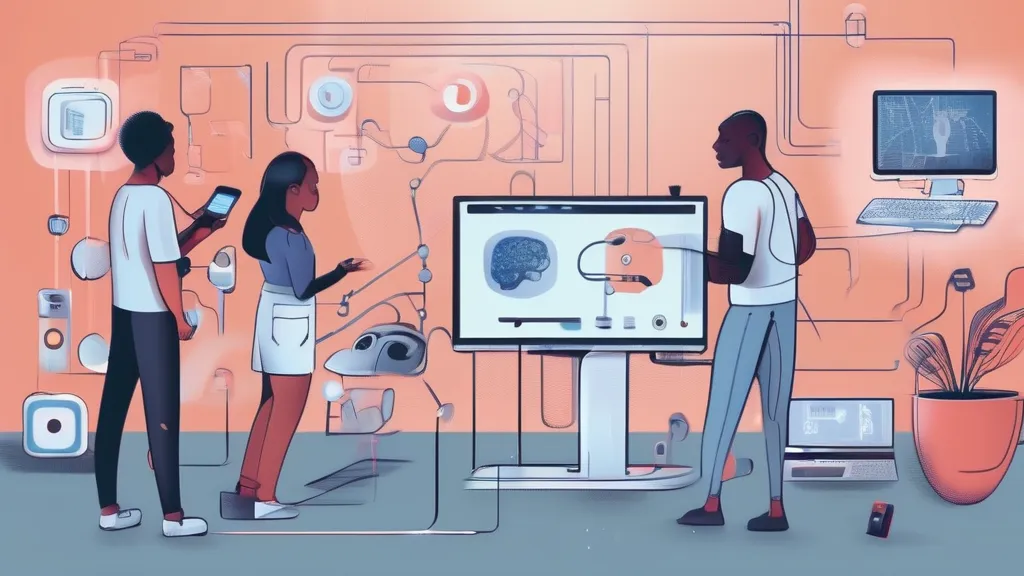The Unseen Forces Reshaping Our World: A Deep Dive into McKinsey's 2023 Technology Trends
- Agentic AI and its impact on automation.
- The role of semiconductors in AI advancements.
- The resurgence of immersive reality technologies.
- Cybersecurity challenges in the digital age.
- The promise of quantum technologies.
A New Era of Technology: Beyond the Visible
When we hear the word ’technology,’ our minds often drift to smartphones, laptops, and the myriad gadgets that populate our daily lives. These devices, though central to our modern experience, represent only a fraction of the broader technological landscape. Beneath the surface lies a complex web of innovations driving change across industries, many of which remain invisible to the average consumer.









